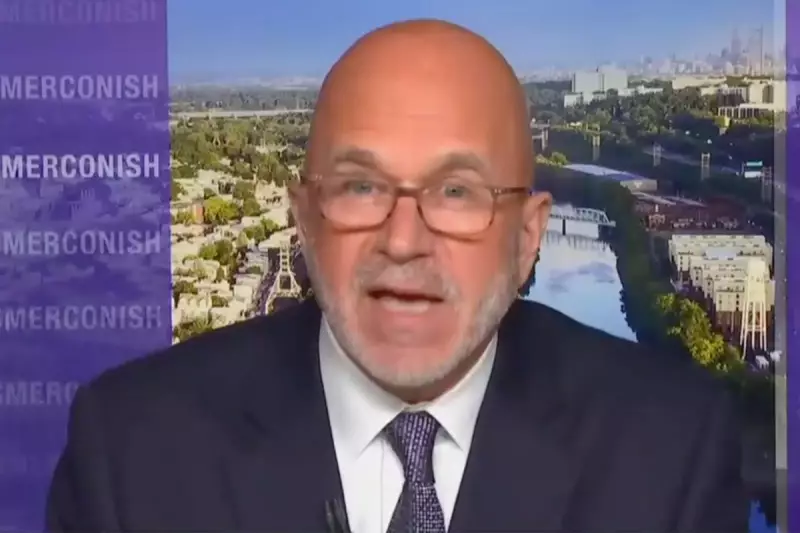
The political world is abuzz with controversy after radio host Mike Smerconish revealed his surprising nomination of former President Donald Trump for the Nobel Peace Prize. The disclosure has ignited fierce debate across the political spectrum about what truly constitutes peace-making achievements in modern diplomacy.
An Unexpected Endorsement
Mike Smerconish, known for his centrist political commentary, made the stunning admission during a recent broadcast. The nomination centres on Trump's role in brokering the Abraham Accords - a series of normalization agreements between Israel and several Arab nations that marked a significant shift in Middle Eastern diplomacy.
"I don't think I'm being controversial in saying that the Abraham Accords were a genuine breakthrough," Smerconish commented during his show, though acknowledging the predictable backlash such a nomination would generate.
The Abraham Accords Legacy
The agreements, signed in 2020, established formal relations between Israel and the United Arab Emirates, Bahrain, Sudan, and Morocco. This represented a dramatic departure from decades of Arab consensus that recognition of Israel should only follow a comprehensive peace agreement with Palestinians.
Supporters argue the Accords created new pathways for economic cooperation and people-to-people connections across religious and cultural divides. Critics, however, maintain that bypassing Palestinian concerns undermined the agreements' long-term sustainability.
Mixed Reactions and Political Divide
The nomination has exposed the deep political divisions that continue to characterise American discourse. Trump supporters have hailed the move as recognition of what they see as an overlooked diplomatic achievement, while detractors point to the former president's controversial tenure and questioning whether the Nobel committee would seriously consider such a nomination.
Historical context adds another layer to the discussion. Barack Obama received the prize in 2009 largely for his "efforts to strengthen international diplomacy" rather than concrete achievements, setting a precedent that some argue could work in Trump's favour.
The Nobel Committee's Dilemma
The Nobel Peace Prize committee faces increasing pressure to make awards that reflect tangible achievements rather than aspirational goals. In this climate, the Abraham Accords present a complex case - undeniable in their diplomatic impact yet controversial in their execution and consequences.
As the debate continues, one thing remains clear: the conversation about what constitutes genuine peace-making in the 21st century is far from settled, and Trump's nomination ensures it will remain in the spotlight for the foreseeable future.






